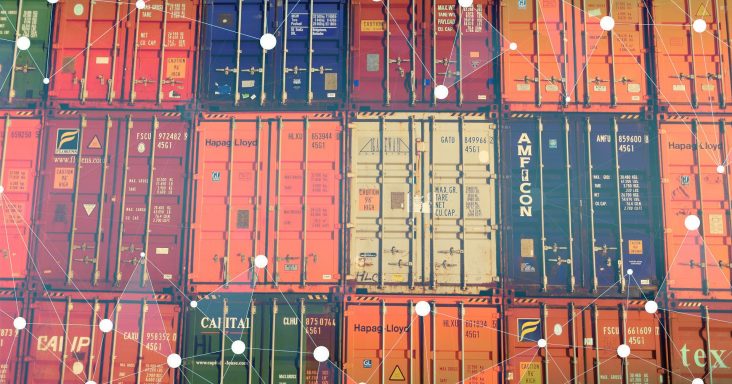Supply chain execs need to be flexible, visibility into world events
by June 6, 2022 9:24 am 539 views

Supply chain executives need real-time visibility into what’s happening in the world and to be flexible amid global issues, such as the COVID-19 pandemic, said Jonathan Hoffman, former chief Pentagon spokesman for the Department of Defense.
Hoffman was a keynote speaker at the recent FreightWaves Future of Supply Chain conference at the Rogers Convention Center. He discussed Russia’s invasion of Ukraine, energy independence and the supply chain’s reliance on China.
Along with the visibility, he said supply chain executives will need redundancy in materials sources and suppliers. He said this might be more complex to manage but will create a more sustainable supply chain.
Concerning the invasion of Ukraine, he said Russia knows it’s not going to win and must find a way out.
“Invading Ukraine was a fundamentally illogical decision by Russia,” Hoffman said. “It doesn’t make sense.”
Hoffman pointed to leadership in how Ukraine has managed to defend itself against Russia. He also cited the poor quality of Russia’s equipment and its expectation of a quick invasion. But when this didn’t happen, “they didn’t have the infrastructure and supply chains in place to rearm, to feed the troops, to bring in fresh battalions,” he said.
Hoffman said Russia will be challenged to replenish its military equipment as it receives a lot of the needed materials from the West.
“It’s [Russia’s] the size of Texas economically,” he said. “It has a $1.6 trillion economy, and it has the second-largest military in the world.”
On energy independence, Hoffman expects the United States will continue to invest in renewables. He said the United States and Canada have large crude oil supplies, but Europe is dependent on Russian oil because of the pipeline system. Still, he said Europe is committed to finding other oil sources.
Regarding China, Hoffman said the pandemic exposed the need for onshoring and reliance on sourcing materials from trusted countries. He added, however, that China doesn’t want to lose its goods export markets because they’ve lifted millions of people out of poverty over the past several decades and likely would return to poverty without them.
